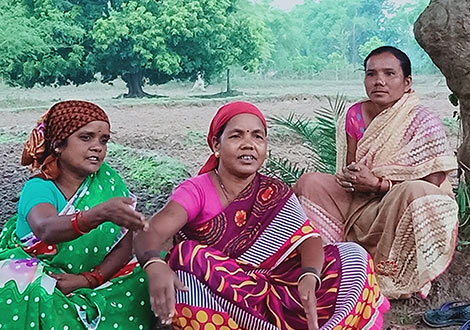May 6, 2019
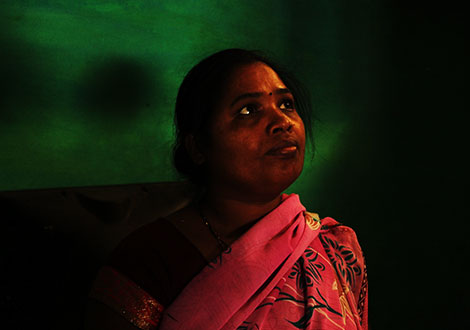
A 10ftx10ft room, with bright pink walls, one of the walls covered with shelves full of sarees and lingerie. This is the new shop that RamiyaBarse owns, this is the kingdom of her dreams. But just a few years ago, all she had was one saree – torn and dirty – as her sole possession. Her husband Dinesh, did not leave any scope for her to take any other belongings.
May 6, 2019
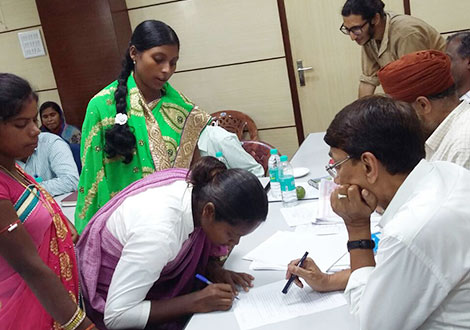
“Kis kis ko rokoge? Charai to sabhi karte hain!” “Humara dada to chale jate hain Bambai, kaam ke vastey – kaun karega kheti?” “Paani kahan hai ke kheti karoge?” The questions were pertinent; the answers seemed complicated. But with Balbina, even the most complicated issues would find easy solutions. Every effort of her was helping her fellow villagers collectivise for betterment of their lives, and Balbina was setting new standards of living for everyone.
May 6, 2019
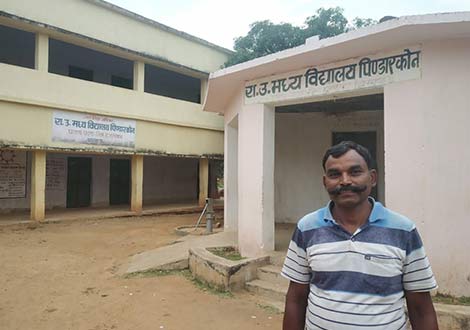
The year 2010 marked the first panchayat elections for Jharkhand. Though villages now had Panchayats, but the pace at which they worked was very slow. Lack of institutional capacity, coupled with insufficient devolution of funds, restricted the effective functioning of the panchayats.
May 6, 2019
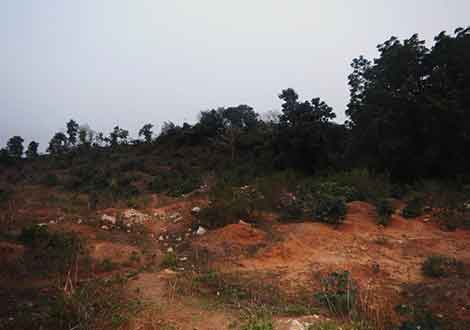
Women in Bandih village, were allowed to defecate only at dawn and after dusk. The nearest bushy area where they could get some respite from the onlookers’ intrusive eyes and pervasive remarks was three kilometers away from their huts.
May 6, 2019
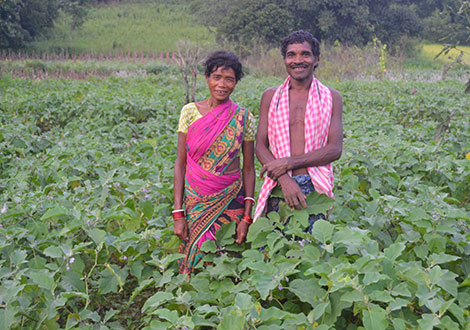
Three months of back-breaking work under the scorching sun and lashing rains, on a piece of four acres of upland to grow paddy. With that effort, at the end of each monsoon, Basanti’s reward would be roughly 35 quintals of paddy. Her 0.4 acre homestead would help her grow maize, worth Rs. 6,000.
May 4, 2019
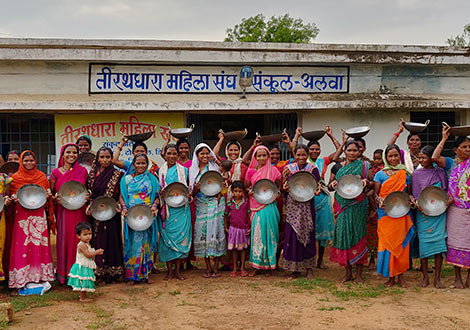
According to National Family Health Survey more than 68% of the women in Bastar are anaemic. Most women belong to the Gond tribes, followed closely by the Halba and Dhurua tribes.
April 22, 2019
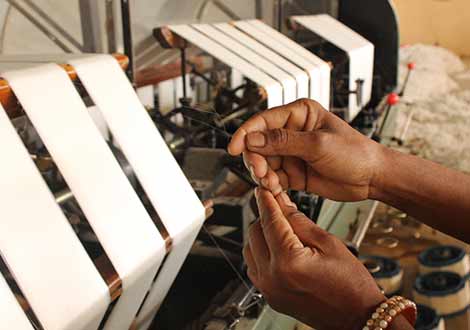
“Mera beta chala gya hai, tu bhi apne ghar ja. Ye zameen mai apni beti ke naam kar dungi” said her mother-in-law after Ramesh’s death. But […]
April 8, 2019
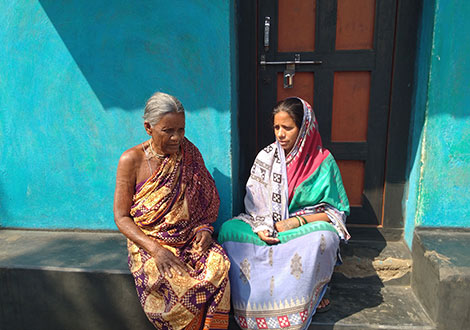
“If you want to stay here, you need to take care of Maa. She is ill and needs care and medication. You will have to manage […]


